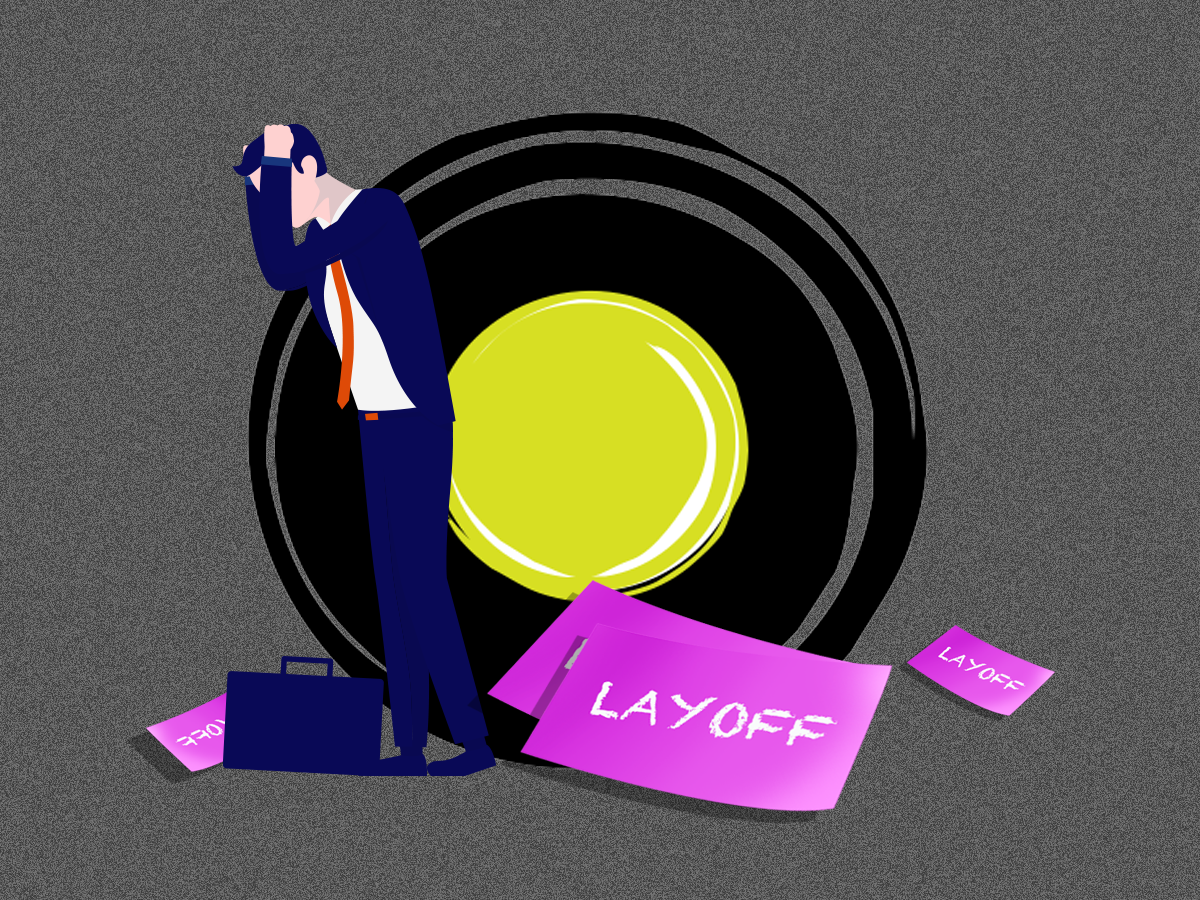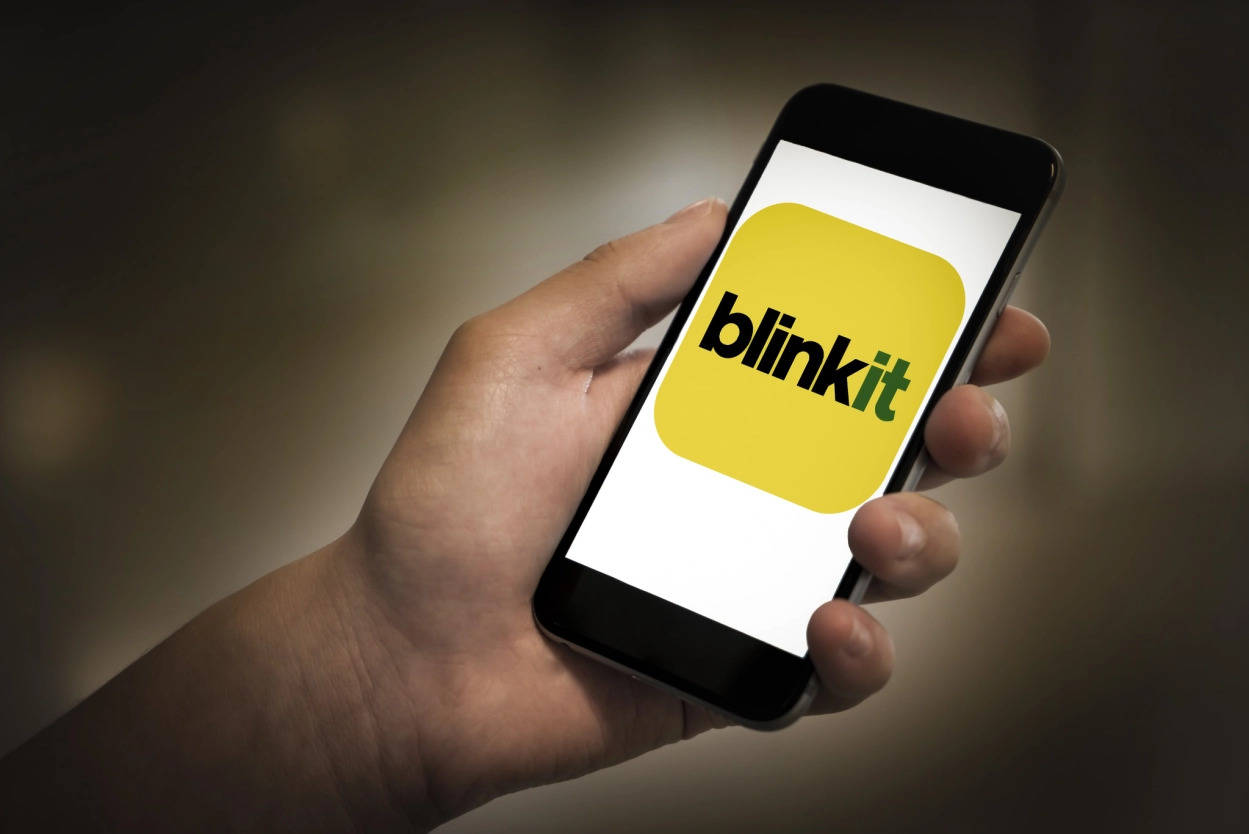Oyo revives IPO plans; Ola sacks 200 more engineers

Also in this letter:
■ Ola fires 200 more engineers in fresh round of layoffs
■ New tech opens umbrella over flood-affected vehicles
■ Most Indians won’t use on-demand printout services: report
Oyo looks to revive IPO plans as growth resumes

Oyo is reviving plans for a stock market debut after cost cuts and recovery in travel helped it reduce losses.
Driving the news: The hotel-booking company filed fresh financial documents on Monday and is now targeting an initial public offering (IPO) in early 2023, provided India’s stock market continues to hold up and economic conditions improve, sources told Bloomberg.
The company, formally known as Oravel Stays Ltd, is internally working toward a January IPO as executives are encouraged by a pick-up in demand, the sources said.
It had filed preliminary IPO documents in 2021, only to shelve the listing plan earlier this year after the pandemic hurt its growth and forced it to cut thousands of jobs.
Also Read | SoftBank-backed Oyo said to weigh 50% smaller IPO as markets sag
Financials: The company said in its IPO filing addendum on Monday that its losses narrowed and sales rebounded for the year ending March 2022 (FY22) and the following three months (Q1FY23).
Oyo reported revenue from operations of Rs 1,459.3 crore in Q1FY23. Its restated loss for the quarter from continuing operations was at Rs 414 crore. The company claimed this was its maiden Ebitda-positive quarter.
It said revenue from operations rose 21% to Rs 4,781.4 crore in FY22 from Rs 3,962 crore in FY21 due to a recovery in travel demand as restrictions on movement were lifted across its key markets. Its restated loss for FY22 from continuing operations was at Rs 2,140 crore, down from Rs 4,103 crore in FY21.
Southern comfort: We reported this month that Oyo was looking at a deeper presence in South Indian markets and was planning to add around 600 new hotels and homes in the region by December.
Ola fires 200 more engineers in fresh round of layoffs

Ola has fired around 200 engineers across its ride-hailing and fintech businesses in a fresh round of layoffs following the shutting down of its food, used cars and quick commerce businesses in June, according to sources in the company.
The layoffs constitute about 10% of the company’s 2,000-strong engineering workforce
Round two: Ola had laid off around 1,000 employees earlier this year as it looked to focus on its ride-hailing and EV businesses. Earlier, Ola had ambitions of building a ‘super app’ with multiple services such as cloud kitchens, used car sales, food and grocery delivery, and its core ride-hailing service.
We reported on September 18 that the company may further cut costs, which could lead to a reduction in its engineering workforce in the ride-hailing business.
The fresh round of layoffs comes at a time when late-stage startups are struggling to raise funds amid global macroeconomic headwinds.
Poor scooter sales: Ola has also been struggling to sell its flagship electric scooter, the S1 Pro, following a fire incident involving one of its vehicles in March. Following the drop in sales, the company launched a sub-Rs 1 lakh scooter in August and has since opened brick-and-mortar experience centres to boost sales.
Ola started making electric scooters last year and plans to start producing electric cars in 2024.
High-profile exits: We reported on August 31, citing sources, that Ola Electric’s head of advanced battery engineering Ashok Saraswat resigned from the company, joining at least half a dozen senior executives who have left the company in the past six months.
New tech opens umbrella over flood-affected vehicles

Frequent urban floods and the resultant collateral damage to motor vehicles are spawning a tech-driven industry aimed at improving predictive modeling and hastening claims processing for auto insurers, as well as mitigating loss for vehicle owners.
What’s happening? The technology tools being employed range from catastrophe modelling through artificial intelligence (AI)-driven software to data mining and automation for claims processing, say insurers.
Flooding in technology capital Bengaluru this month triggered further demand for tech-driven tools by auto insurers and vehicle care providers, who are flooded with claims. This mirrors earlier such instances in Chennai as well as Mumbai and Delhi.
Also Read | CM pledges to fix water woes as rainfall batters Bengaluru’s tech suburbs
RMS, a Moody’s analytics company, has incorporated 1.25 lakh simulated flood events across over 9,000 catchment areas throughout the country in its latest flood model, the company told us.
Flood risk events constitute a third of natural catastrophe losses in India, says RMS, adding that the risk models can also be fed directly to underwriting systems and the insurer can use the models to screen risk levels.
Tweet of the day
Most Indians won’t use on-demand printout services like Blinkit’s: report

Only 14% of consumers in India would use quick delivery platforms to get print-outs delivered home, according to a report released on Monday. Zomato-owned Blinkit recently started offering printout services.
By the numbers: Of those willing to use such a service, 7% said they would do so for “convenience” reasons, and another 7% said they would use it for both convenience and the price factor, according to the report by community social media platform LocalCircles.
However, 82% of households said they had no plans to switch over to a delivery platform for their printing needs, either for privacy reasons, an unwillingness to change from their current practice of using home printers or services from nearby shops or both.
Is this enough? Whether demand from just 14% of households is sufficient to sustain the quick-delivery firms’ printing services will determine whether the initiatives succeed or fail.
Blinkit’s bet: Zomato-owned Blinkit announced in August that it would deliver printouts to users’ doorsteps in 11 minutes. The quick delivery platform was recently acquired by Zomato for Rs 4,447 crore.
Bitcoin falls below $19,000 as cryptos creak under rate hike risk

Cryptocurrencies fell to fresh lows on Monday on regulatory concerns and as investors worldwide shunned risky assets with interest rate hikes looming around the world.
By the numbers: Bitcoin, the biggest crypto asset by market value, fell about 5% to a three-month low of $18,387.

Credit: Yahoo Finance
Ether, the second largest crypto asset, dropped 3% to a two-month low of $1,285 and is down more than 10% in the last 24 hours. Most other smaller tokens were deeper in the red.
No Merge boost: The Ethereum blockchain, which underpins the ether token, had a major upgrade last week called the Merge that changes the way transactions are processed and cuts energy use.
Also Read | Ethereum’s ‘Merge Day’ lifts gloom in India’s Web3 community
The token’s value has fallen amid speculation that remarks last week from US Securities and Exchange Commission Chairman Gary Gensler implied the new structure could attract extra regulation. Trades around the upgrade were also unwound.
Also Read | The best and worst of crypto
Today’s ETtech Top 5 newsletter was curated by Zaheer Merchant in Mumbai and Gaurab Dasgupta in New Delhi. Graphics and illustrations by Rahul Awasthi.
For all the latest Technology News Click Here

